Available anywhere, anytime
Beating the Blues is an online Cognitive Behavioural Therapy (CBT) tool, similar to
in-person therapy sessions. Proven to help you overcome your depression and anxiety
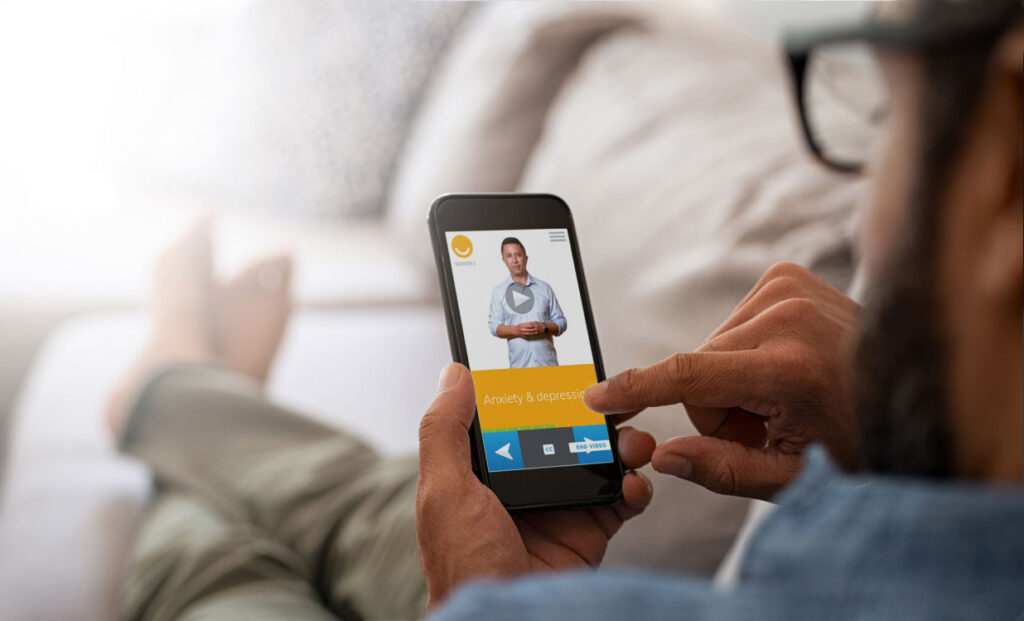
Similar to in-person therapy

1. Define your problems
- Establish a clear picture of your problems and their causes.
- What does ‘being better’ look like for you?

2. Set your goals
- Set your goals for therapy.
- Discover the links between feelings and what you do, think and say.
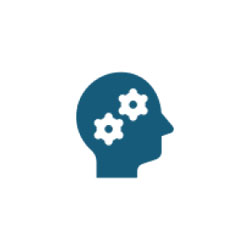
3. Understand your thoughts
- Recognise that your thinking can become distorted due your symptoms.
- Structured problem solving techniques to overcome thinking errors and to get relief.

4. Challenge your thoughts
- Use realistic thinking to confront unhelpful thoughts and feel better.
- Sleep Management, Overcoming Panic and Getting Organised to improve your wellbeing.
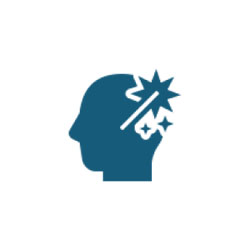
5. Refine your techniques
- Spotting when your beliefs are unhelpful.
- Change these unhelpful beliefs in order to feel, behave and stay better.
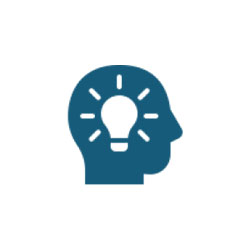
6. Understand your successes
- Explore how you distinguish between good and bad events in your life.
- Recognise successes in your life that came from your actions.
- Build self-esteem and overcome hopelessness.

7. Learn new habits
- Learn new thinking habits to continue building confidence.
- Manage negative influences and cope with life’s ups and downs.

8. Plan for your future
- Review what you’ve learned and check progress toward your goals.
- Set future goals and keep practising.
- Create an action plan in case of setbacks.
Watch the video to learn how to sign up
For Non- Manage My Health users via
Beating The Blues website
For Non- Manage My Health users via the Manage My Health App
For Non- Manage My Health users via the Manage My Health App
For existing
Manage My Health users
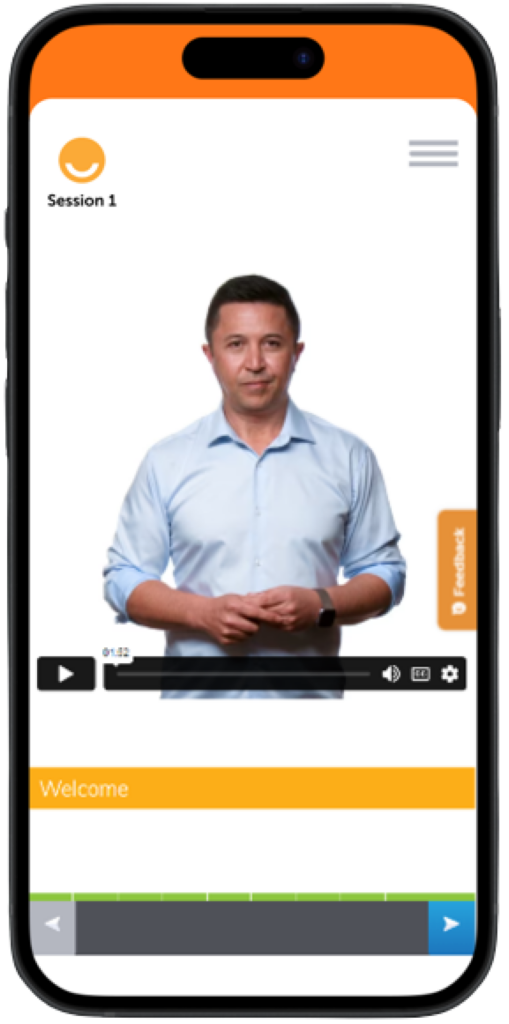
Interactive, confidential and free
Interactive
Beating the Blues will lead you through the various stages of therapy in the same way a therapist would in face-to-face sessions. The online videos and activities, are available online, anytime you need.
FREE for adults
Beating the Blues is FREE for adults aged 18 years and older, living in New Zealand.
Confidential therapy on the go
Your information is confidential, so only you are able to see it.
If your clinician has registered you to start Beating the Blues, they will be able to monitor your progress and provide additional support if you need it.
Frequently Asked Questions (FAQs)
Beating the Blues is an online Cognitive Behavioural Therapy (CBT) programme, designed for adults experiencing mild to moderate depression and/or anxiety. Beating the Blues brings the benefits of CBT directly to your computer or mobile device, and thanks to Te Whatu Ora’s Zero Data initiative, Beating the Blues is free to use.
Beating the Blues is made up of eight interactive sessions, designed to be completed on a weekly basis. Each session includes videos and activities to teach people skills to manage their mental health, in the short and long term.
Cognitive Behavioural Therapy, or CBT, is a type of ‘talk therapy’, designed to help people change their thinking and behaviours, so they can better manage conditions such as anxiety and depression.
CBT works by helping people break their problems down into smaller parts, so it becomes easier to understand how their thoughts and feeling can affect their behaviours.
Beating the Blues is FREE for adults aged 18 years and older, living in New Zealand.
Beating the Blues has been proven to help people get better and stay better. Beating the Blues can be used as a stand-alone treatment, or alongside medication or treatments plans.





